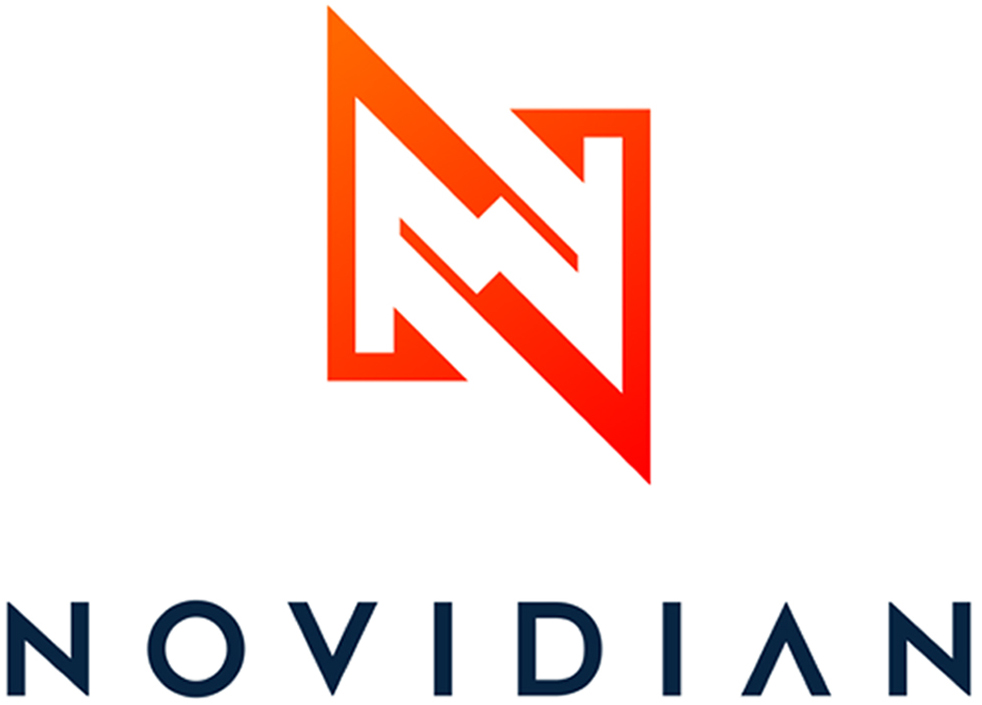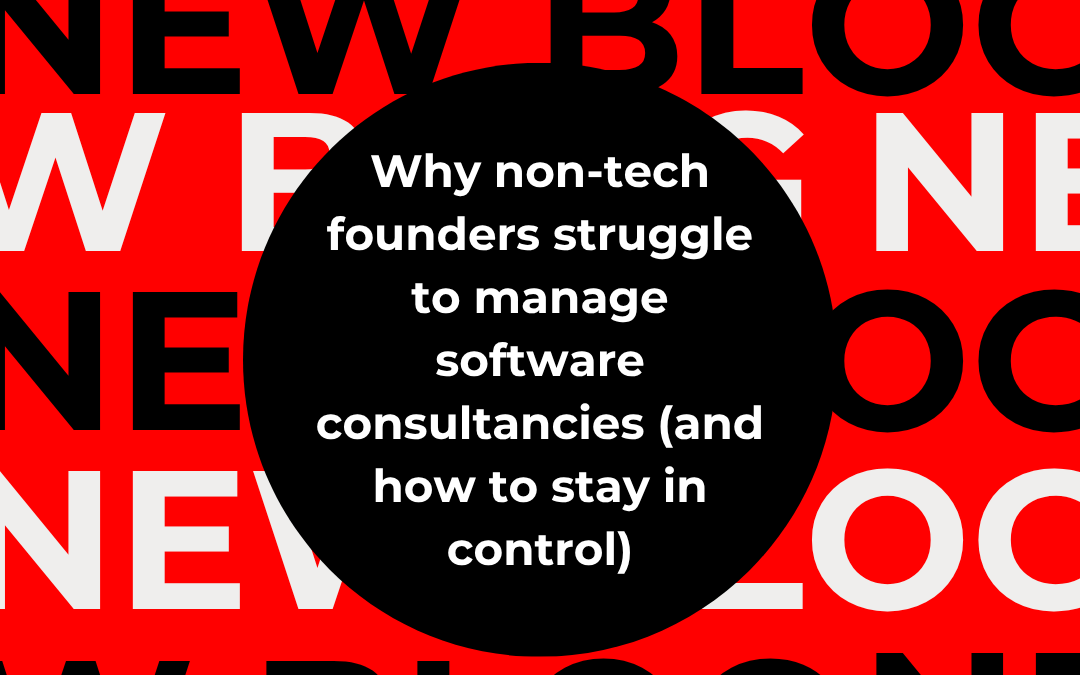Why non-tech founders struggle to manage software consultancies (and how to stay in control) (part 1)
Launching a startup is a balancing act. You’re driving product development, fundraising, sales, and recruitment, often simultaneously. But for many non-technical founders, the most challenging area isn’t fundraising or sales. It’s building the product itself, especially when outsourcing to software consultancies.
Without deep technical expertise, founders can quickly feel out of their depth. How often have you thought:
- How do I judge whether an agency is capable?
- How do I ensure fair pricing?
- How do I scope projects accurately?
- How do I spot when something’s going wrong?
Many startups turn to software consultancies as a quick way to fill the technical gap. Some agencies deliver great results. But many create frustration, financial strain, and technical risk often without founders even realising it.
Let’s break down why this happens and how you can avoid falling into common traps.
The information asymmetry problem
At its core, the challenge for non-technical founders is simple – information asymmetry.
You may know your market, your customer, and your vision inside out. But when it comes to technical architecture, development processes, and software project management you’re reliant on the software consultancy’s advice.
This creates a dangerous imbalance where founders must trust providers without being able to verify whether the advice is truly in their best interest.
What consultancies sell vs. what startups often need
When you approach a software consultancy, you might hear promises like:
“We’ll build your MVP in 12 weeks.”
“You’ll get senior developers.”
“Our architecture is scalable from day one.”
All very appealing. But many early-stage startups don’t actually need enterprise-level complexity. Often, the simplest version of your product is what gets you to market fastest, validates your concept, and creates early traction.
Consultancies, however, are incentivised to upsell complexity—more features, more integrations, more hours billed.
The consequences of complexity
Overbuilding creates several risks:
- Higher initial costs
- Longer timelines
- More room for bugs and instability
- Difficult (or expensive) pivots later
- Potential investor concerns over maintainability
For many founders, the real cost isn’t visible until months later, when you’re forced to rebuild or refactor large portions of the product to scale.
Why scoping projects is difficult for startup founders
When founders approach a software consultancy, they’re often asked:
“What features do you need?”
“What’s your full product spec?”
“How many user types will you support?”
But these aren’t always easy questions to answer when you’re still discovering your market fit.
A strong technical advisor (or CTO) will help founders shape these decisions based on business priorities balancing speed, cost, and long-term scalability.
Software consultancies, on the other hand, typically execute what you request — even if it’s not in your best interest.
What founders often need is not developers first but technical leadership first.
Independent technical leadership solves this problem
This is exactly where Novidian’s pay-as-you-go CTO model transforms the founder experience.
Instead of going into technical negotiations blind, you bring an experienced technical leader who:
- Helps you scope what you really need
- Pushes back on unnecessary complexity
- Reviews proposals before you sign anything
- Guides your vendor selection
- Oversees delivery and code quality
- Allows you to pay for the exact amount of time you use
You stay firmly in control and avoid costly mistakes before they happen.
The Bottom Line: Protect Your Startup’s Future
Don’t view technology as an unnecessary dent on your budget but as a long-term investment—it’s one of your startup’s most valuable assets. Protect it.
Before you hire any software consultancy, bring in independent technical advice.
Next in this series:
How software consultancies overcomplicate projects and how to build leaner, smarter MVPs

